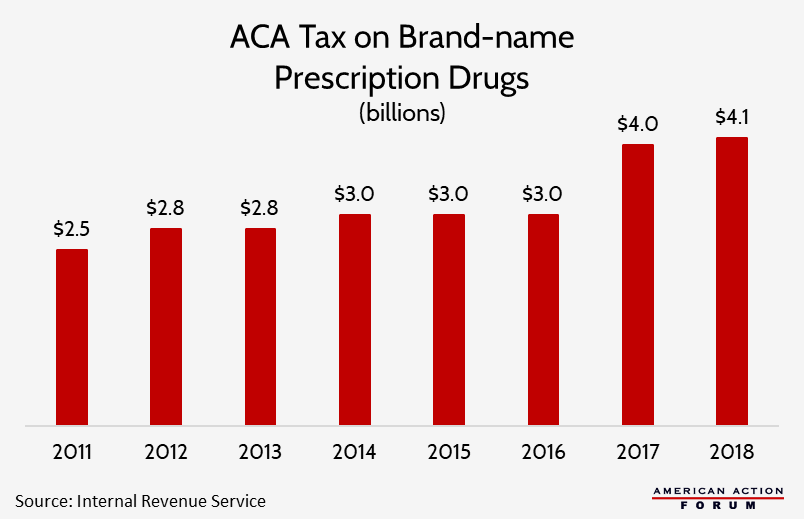Weekly Checkup
June 15, 2018
The Politics of Preexisting Coverage Protections
In this edition of “I’m not a lawyer, but…” let’s take another look at the latest legal challenge to the Affordable Care Act (ACA), and the Trump Administration’s decision late last week not to defend the law. The Weekly Checkup previously discussed the specifics of the Texas v United States case, so we’ll dispense with the particulars of the challenge.
The Department of Justice’s (DOJ) decision late last week not to defend the law and instead to endorse at least some of the plaintiff’s argument was an unusual, though not unprecedented, move. While the DOJ did not go so far as to argue that the entire ACA should be struck down, as the plaintiffs contend, the DOJ did maintain that the individual mandate is so directly tied to the law’s provisions on guaranteed issue and ban on preexisting condition exclusions that those two provisions should be struck down given that the mandate has (effectively) been eliminated.
This legal filing has caused pandemonium in health care and political circles. For one thing, these two provisions are among the most popular parts of the law, even among voters who oppose the ACA generally. According to Kaiser polling from last year, 70 percent of respondents supported continued protections for those with preexisting conditions, while only 51 percent reported having a favorable opinion of the ACA as a whole. Even among Republicans, support for the preexisting conditions provision was at 58 percent. In other words, congressional Republicans aren’t exactly chomping at the bit to eliminate these legal protections—or make them a matter of debate in the fall. In fact, both the House and Senate repeal bills last year sought to preserve protections for those with preexisting conditions. Nonetheless, those on the Left are moving to make the DOJ action an issue in the November election.
Understandably then, the reaction from the Right has been swift. Senate Majority Leader McConnell told reporters this week that “Everybody I know in the Senate – everybody – is in favor of coverage for pre-existing conditions. There is no difference of opinion about that whatsoever.” Health and Human Services Secretary Alex Azar told the Senate HELP Committee that the DOJ action was “a constitutional position, not a policy position,” and indicated support for continued pre-existing condition protections. And while the DOJ apparently cleared this decision with the president, Trump himself has consistently maintained he would oppose a move to strip consumers of preexisting condition protections.
Political professionals know a losing issue when they see one, and most policymakers from across the political spectrum have been including these types of protections in policy proposals for a while now. Exactly what the DOJ is doing is a bit foggy, but everyone else seems to understand that guaranteed issue and protections for those with preexisting conditions need to stay.
Chart Review
Tara O’Neill Hayes, Deputy Director of Health Care Policy
The Affordable Care Act (ACA) imposed an annual tax on all companies that manufacture or import brand-name prescription drugs. This tax, based on a company’s annual sales revenue from these drugs, has cost the industry more than $25 billion so far, as shown in the chart below.
Worth a Look
Axios: How moderate Republicans disappeared from health policy
New York Times: Using Harpoon-Like Appendages, Bacteria ‘Fish’ for New DNA











